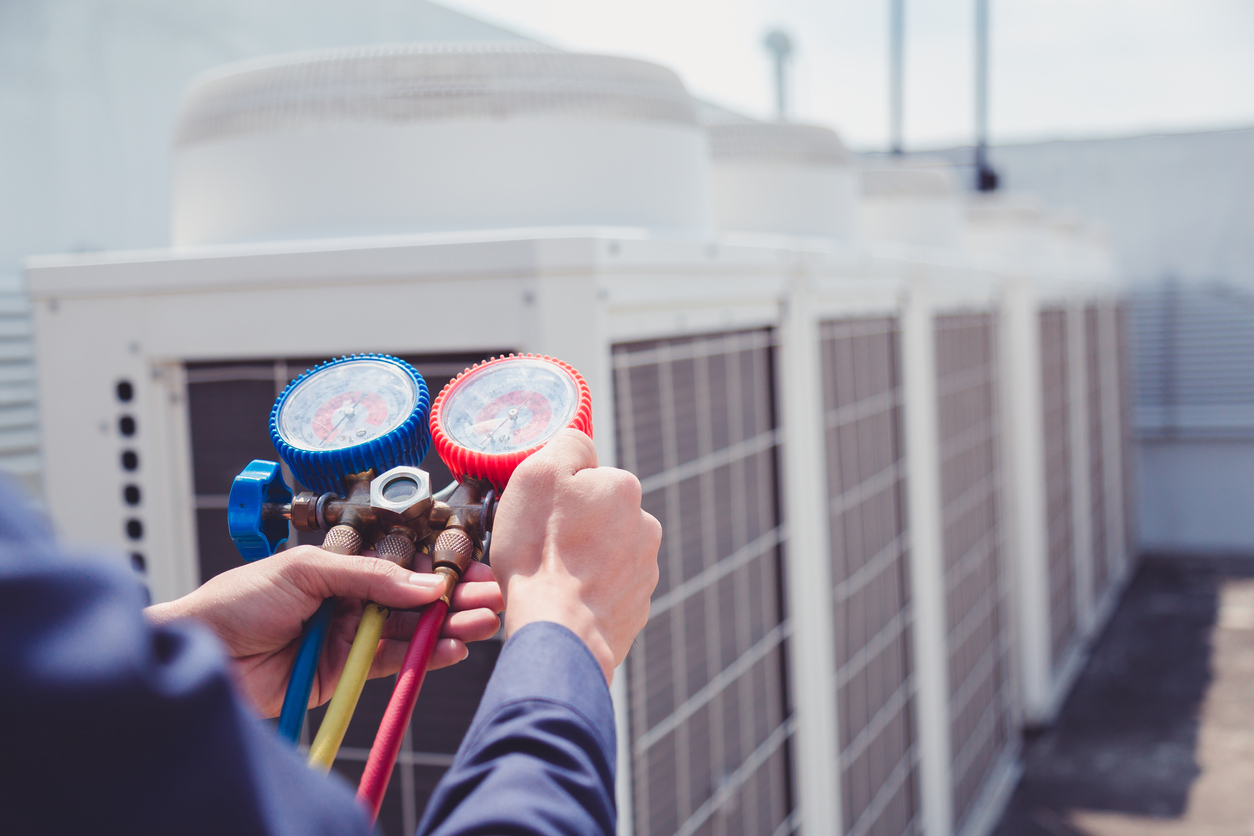As a homeowner, making sure your HVAC system runs efficiently is essential for keeping a comfortable living environment, particularly with shifting seasons. The heating, ventilation, and air conditioning system, usually known as HVAC, serves a crucial role in controlling indoor temperatures, providing fresh air, and maintaining proper humidity levels. However, dealing with the challenges of these systems can be overwhelming, especially for those that are new to owning a home or are unfamiliar with the workings of these systems.
In this article, we'll discuss the top ten HVAC maintenance tips that every homeowner should know. From understanding the basics of how your HVAC system operates to identifying common problems and understanding when to call in a professional, these tips will empower you to take charge of your home's heating and cooling needs. With the right knowledge and practices, you can prolong the life of your system, improve indoor air quality, and in the end reduce money on energy bills. try this will delve into the essential maintenance strategies that will keep your HVAC system operating efficiently year-round.
Understanding HVAC Systems
HVAC stands for heating, ventilation & air conditioning. It denotes the system that provides indoor environmental comfort through temperature control, humidity regulation, and air quality management. A properly engineered HVAC system holds a crucial role in maintaining a comfortable and well-balanced living space, making it an integral component of today's homes.
Heating units are responsible for warming the inside of a building. Common forms include furnaces, heat pumps, and water heaters. Cooling systems, usually represented by air conditioning units, work to cool the indoor air, providing comfort during hot months. Air circulation, often involving the circulation of fresh air, is vital for upholding indoor air quality, aiding in eliminate contaminants and create a fresh atmosphere.
Comprehending how these systems interconnect is key to optimal function. The balance between warmth and chilling controls indoor climate, while adequate ventilation enhances air quality. Acquainting yourself with your HVAC system's components and functions can empower you to take informed decisions about maintenance, upgrades, and sustainable practices.
Important HVAC Upkeep Recommendations
Regular care of your HVAC system is crucial for ensuring its efficiency and durability. One of the simplest yet highly effective tips is to replace your air filters every 1 and 3 months, based on usage and the type of filter. Clogged air filters can block airflow and make your system to operate harder leading to elevated utility costs and likely damage. Keeping a consistent schedule for replacing filters not just improves air quality while also enhances the overall performance of your HVAC unit.
A further important maintenance recommendation is to book annual professional inspections and tune-ups. A qualified technician can detect and address issues before they escalate into costly repairs. During these inspections, the technician will maintain the coils, check refrigerant levels, and confirm that all components are functioning properly. This preventative approach not just helps maintain efficiency but also extends the life of your HVAC system, saving you money in the future.
Lastly, ensuring that your outdoor unit is clear of debris is essential for optimal performance. Consistently check for leaves, grass, and additional obstructions that could hinder airflow. Maintaining the area surrounding your outdoor condenser unit clean allows for better heat exchange, improving efficiency. Additionally, consider covering the unit during extreme weather conditions to protect it from possible damage and maintain its functionality when the season shifts.
Energy Efficiency and Cost Savings
Enhancing the efficiency of energy of your HVAC system can lead to substantial cost savings on your utility bills. Regular maintenance, such as replacing air filters and cleaning ductwork, ensures that your system operates efficiently, reducing the workload on your heating and cooling units. By making simple adjustments, like sealing leaks around the windows and doors, you can also prevent conditioned air from leaking out, which helps your HVAC system run more efficiently and saves money.

Putting money into a smart thermostat can further enhance energy efficiency. These devices allow you to program heating and cooling timings according to your lifestyle, ensuring that energy is not spent when you are not home. Additionally, many smart thermostats can monitor your energy usage and recommend adjustments to optimize energy use. The savings from lower energy consumption can swiftly balance out the upfront expense of purchasing a smart thermostat.
Finally, think about investing in energy-efficient HVAC systems that are designed for maximum performance with low energy use. Look for systems approved by Energy Star, which meet strict efficiency standards. While the upfront investment may be greater, the future savings achieved through reduced energy bills and possible government rebates can make these systems worth the cost. Implementing these energy-efficient practices not only advantages your wallet but also contributes to a greener environment.
